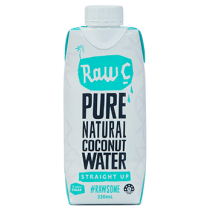Cane Sugar
Andropogoneae plant family
Cane Sugar
Other Name(s):
Sugar; Saccharum officinarum; Sucrose; Saccharose; White Sugar; Brown Sugar

Sugar cane grows particularly well in tropical climates with rainfall between 1100 - 1500 mm per year.
Is Cane Sugar Faithful to Nature?
Yes.
Cane sugar is a natural ingredient which can be grown, refined and enjoyed responsibly. The waste from sugar cane farms is being repurposed and making them more sustainable.
Benefits: Why is Cane Sugar Used?
All-Purpose Sweetener
Cane sugar is well known to sweeten foods and drinks but it is also useful for reducing sour, acidic flavours.
Source of Energy
Cane sugar is one of the simplest forms of energy, it is digested and absorbed rapidly.
Natural Exfoliator
Cane sugar, especially brown sugar, has gentle exfoliating properties to keep skin smooth, glowing and blemish-free.
Natural Preservative
When sugar is added to foods it binds to the water in the foods, thus the amount of water is reduced and so is the likelihood of the growth of microorganisms.
Cane sugar is used extensively in sweets, chocolates, jams, baked goodies, kombucha, natural exfoliators and much, much more. Impurities are removed from the juice in a process called clarification. The moisture from clarified juice is then evaporated leaving behind crystals.
Cane sugar is made by first pulping the raw stems of the plant to express the juice. The expressed juice is then filtered to remove impurities using evaporation filters (brown sugars are typically filtered less). The purified sugar syrup is then boiled to remove the remaining moisture and the sugar crystals are left behind.
In May of 2016 the United States Food & Drug Administration (USFDA) released guidelines to help provide accurate, transparent information to consumers. Cane sugar was being labelled as “evaporated cane juice” in mass produced factory foods. They finally declared that this was anti-consumer and have banned the term.
According to the South African Department of Agriculture, Forestry and Fisheries the top ten sugarcane producing countries account for 75% of the world’s total sugar production.
Conscious consumers are fast adopting products made from sugar cane pulp. Faithful to Nature’s Sweet Sheets are a collection of toilet papers and paper towels made using sugar cane. This market gives sugar cane farms an extra source of income for the previously useless stem pulp which would normally have been burnt to ashes.
Foods and beverages labelled with the claim “sugar free” may have no more than 0,5 grams of sugar per 100 grams / 100 millilitres.
Thankfully, South Africans are able to enjoy sugar which is grown locally and doesn’t need to have an enlarged carbon footprint by being imported from far across the globe.
Notice: The information provided here is not intended as medical advice and is for educational purposes only.
Products Containing Cane Sugar
-
sku91635
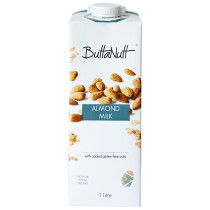
-
sku91636
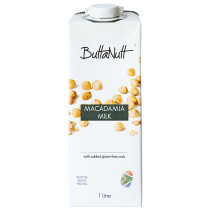
-
sku67492

-
sku91637
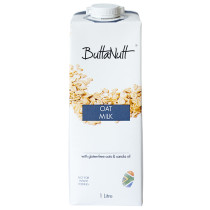
-
sku66199
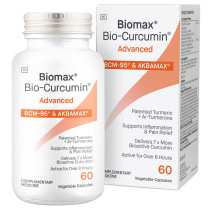
-
sku3222v1
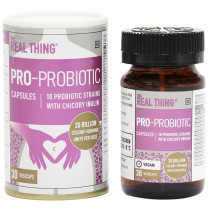
-
sku81224

-
sku122373
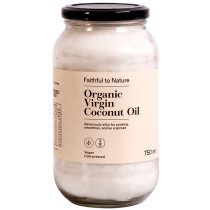
-
sku122944
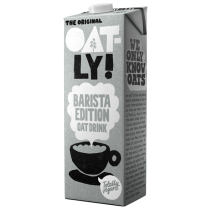
-
sku1062
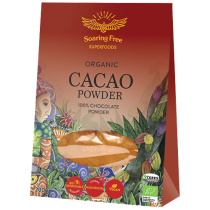
-
sku117307
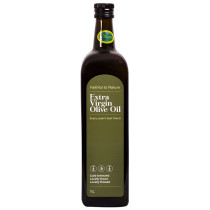
-
sku83727
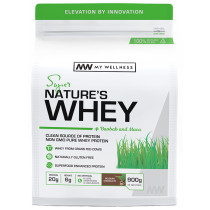
-
sku101003
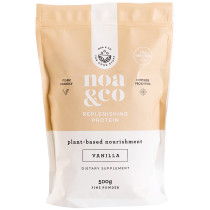
-
sku3122
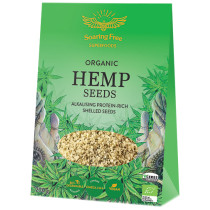
-
sku130148
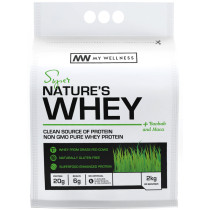
-
sku101004
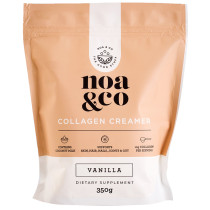
-
sku130146
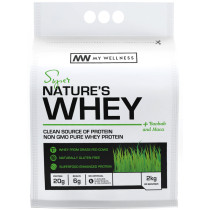
-
sku70
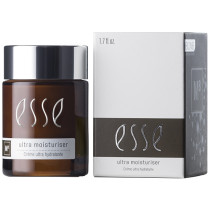
-
sku63135
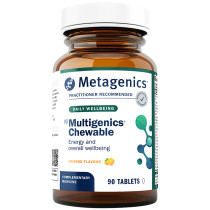
-
sku10450
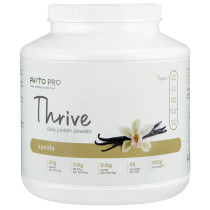
-
sku10783
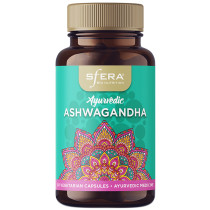
-
sku89664
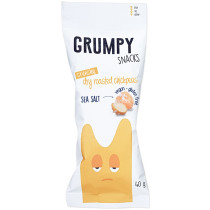
-
sku69
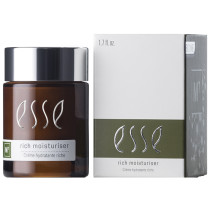
-
sku92543
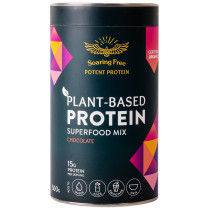
-
sku67493

-
sku66311
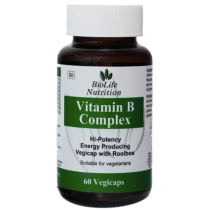
-
sku9666v3
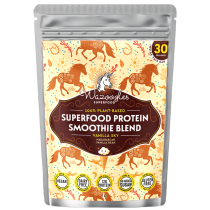
-
sku89663
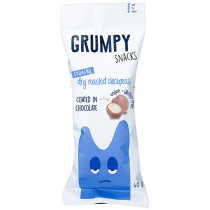
-
sku132446
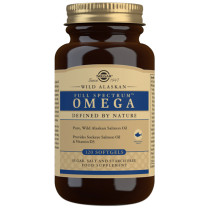
-
sku67491
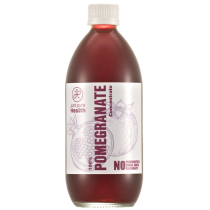
-
sku75353
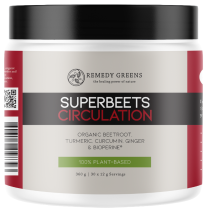
-
sku4469
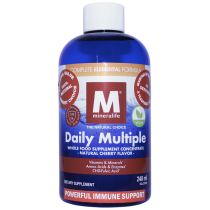
-
sku96585
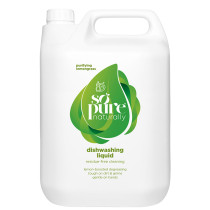
-
sku68574

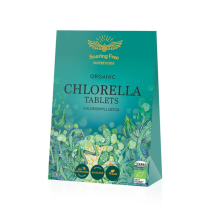
Soaring Free Superfoods Organic Chlorella Tab...
- 500 Tablets
Regular Price: R259.00
Special Price R207.20
+
-
-
sku138013

-
sku2582v1
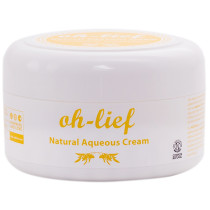
-
sku117226
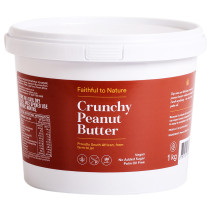
-
sku117225
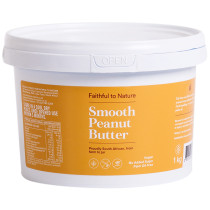
-
sku69384v2
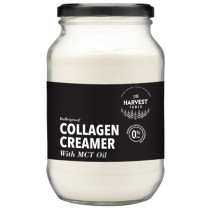
-
sku8116
